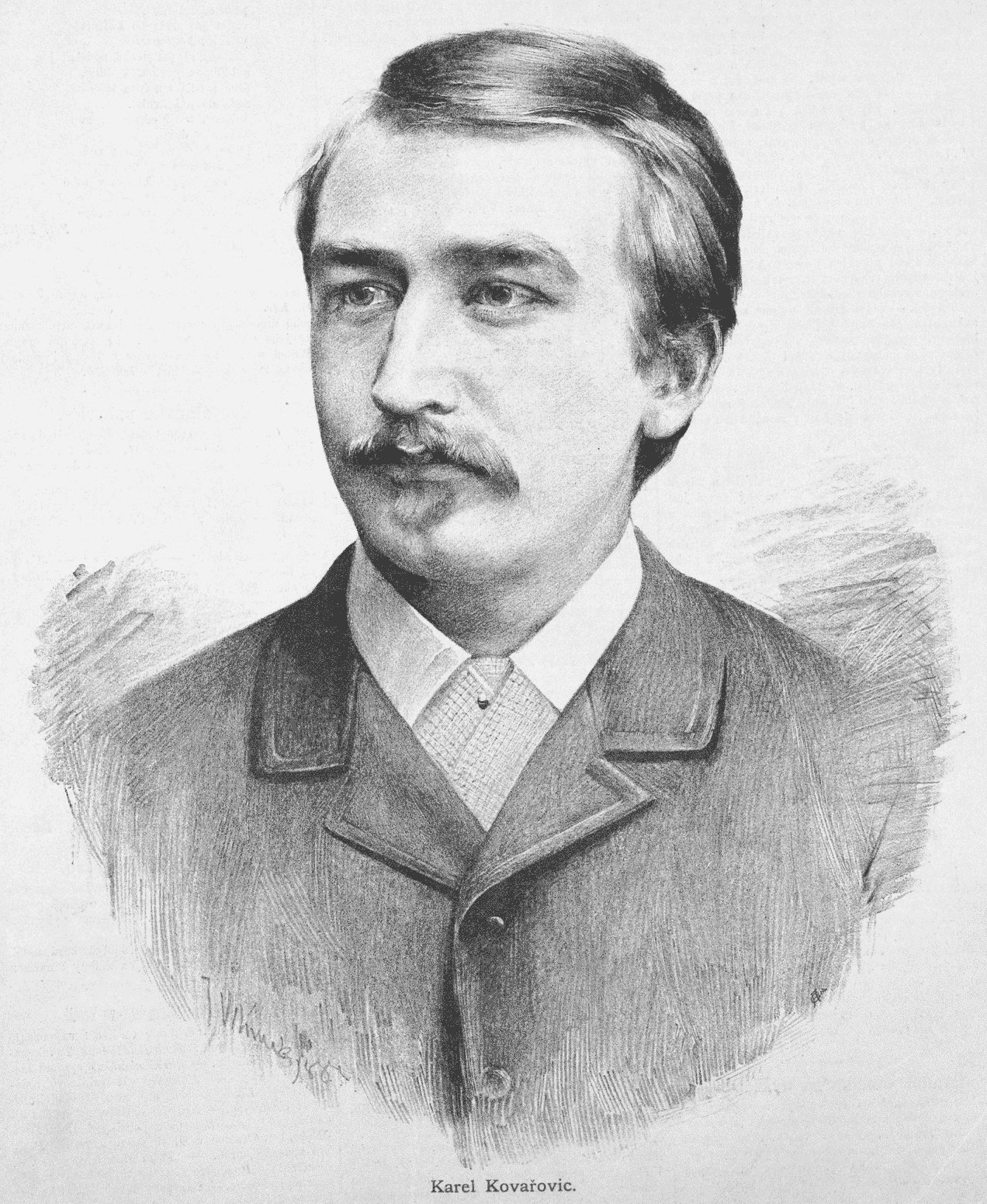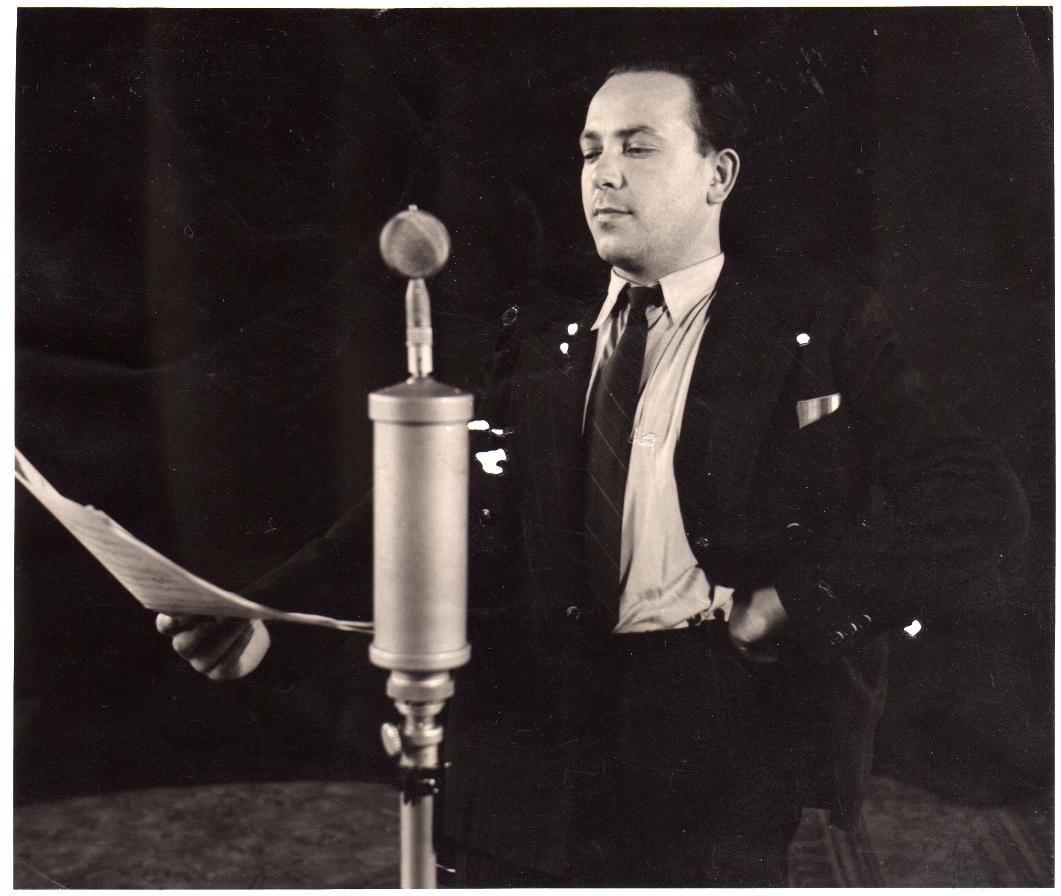|
Psohlavci (opera)
''Psohlavci'' is a Czech-language opera in 3 acts by Karel Kovařovic to a libretto by Karel Šípek after ''Psohlavci'' (The Dogheads) by Alois Jirásek. It premiered on 24 April 1898 at the Prague National Theatre.''The New Penguin Opera Guide'' 2001, p. 467: "The ''Dogheads'' of the title are the Czechs of Chodsko, a border region whose emblem is a dog's head. The Habsburgs' attempt to deny their ancient privileges (received for defending the border) sparked off their rebellion in 1695." __NOTOC__ Roles *Hančí *Jan Sladký Kozina *Kryštof Hrubý *Matěj Přibek *Stará Kozinová Recordings *, Beno Blachut, , Marie Veselá, Vladimír Jedenáctík, Oldřich Kovář, Zdeněk Otava Zdeněk Otava (11 March 1902 – 4 December 1980) was a Czech operatic baritone who had a lengthy career at the Prague National Theatre that spanned more than four decades. Musicologist Alena Němcová stated that, "Otava's voice had a very wide ..., Miluše Dvořáková; Prague National Theatre ... [...More Info...] [...Related Items...] OR: [Wikipedia] [Google] [Baidu] |
Karel Kovařovic
Karel Kovařovic (Prague, 9 December 1862 Prague, 6 December 1920) was a Czech composer and conductor. Life From 1873 to 1879 he studied clarinet, harp and piano at the Prague Conservatory.''Dopisy o životě hudebním i lidském, p. 484'' He began his career as a harpist. In 1900 Kovařovic became the conductor of the national theatre in Prague, due mostly to the success of his opera ''The Dogheads'', after the novel of the same name (about Jan Sladký Kozina) by Alois Jirásek. His engagement at the National Theatre lasted twenty years, until 1920. He composed seven operas. Kovařovic is most remembered today for the revisions he made to Leoš Janáček's ''Jenůfa'' for its premiere in Prague, and it was in his version that the opera was heard for many years. A recording of ''The Dogheads'', featuring Beno Blachut, exists. Compositions Orchestra * 1880 ''Předehra veseloherní (Comic overture)'' * 1883 ''Únos Persefony'', symphonic poem * 1887 ''Concerto in f mineur ... [...More Info...] [...Related Items...] OR: [Wikipedia] [Google] [Baidu] |
Libretto
A libretto (Italian for "booklet") is the text used in, or intended for, an extended musical work such as an opera, operetta, masque, oratorio, cantata or Musical theatre, musical. The term ''libretto'' is also sometimes used to refer to the text of major liturgical works, such as the Mass (liturgy), Mass, requiem and sacred cantata, or the story line of a ballet. ''Libretto'' (; plural ''libretti'' ), from Italian, is the diminutive of the word ''wiktionary:libro#Italian, libro'' ("book"). Sometimes other-language equivalents are used for libretti in that language, ''livret'' for French works, ''Textbuch'' for German and ''libreto'' for Spanish. A libretto is distinct from a synopsis or scenario of the plot, in that the libretto contains all the words and stage directions, while a synopsis summarizes the plot. Some ballet historians also use the word ''libretto'' to refer to the 15 to 40 page books which were on sale to 19th century ballet audiences in Paris and contained a ve ... [...More Info...] [...Related Items...] OR: [Wikipedia] [Google] [Baidu] |
Alois Jirásek
Alois Jirásek () (23 August 1851, Hronov, Kingdom of Bohemia – 12 March 1930, Prague) was a Czech writer, author of historical novels and plays. Jirásek was a high school history teacher in Litomyšl and later in Prague until his retirement in 1909. He wrote a series of historical novels imbued with faith in his nation and in progress toward freedom and justice. He was close to many important Czech personalities like M.Aleš, J.V. Sládek, K.V. Rais or Z.J. Nejedlý. He attended an art club in Union Cafe with them. He worked as a redactor in ''Zvon'' magazine and was nominated for the Nobel Prize in Literature in 1918, 1919, 1921 and 1930.Josef B. Michl, ''Laureatus Laureata'', ARCA JiMfa, Třebíč, 1995, str. 372-382 Biography Alois Jirásek was born on 23 August 1851 in Hronov, in the Kingdom of Bohemia (modern-day Czech Republic), which was at that time part of the Austrian Empire. He was born into a family of small farmers and weavers of modest means. His father was J ... [...More Info...] [...Related Items...] OR: [Wikipedia] [Google] [Baidu] |
Prague National Theatre
The National Theatre ( cs, Národní divadlo) in Prague is known as the alma mater of Czech opera, and as the national monument of Czech history and art. The National Theatre belongs to the most important Czech cultural institutions, with a rich artistic tradition, which helped to preserve and develop the most important features of the nation–the Czech language and a sense for a Czech musical and dramatic way of thinking. Today the National Theatre consists of three artistic ensembles: opera, ballet and drama. They alternate in their performances in the historic building of the National Theatre, in the Theatre of the Estates and in the Kolowrat Theatre. All three artistic ensembles select their repertoire both from classical heritage, and modern authors. Initial design and construction, 1844 to 1881 The cornerstone of the National Theatre was laid on 16 May 1868, but the idea of building a theatre dates back to the autumn of 1844 at the gatherings of patriots in Prague. A ... [...More Info...] [...Related Items...] OR: [Wikipedia] [Google] [Baidu] |
The Musical Times
''The Musical Times'' is an academic journal of classical music edited and produced in the United Kingdom and currently the oldest such journal still being published in the country. It was originally created by Joseph Mainzer in 1842 as ''Mainzer's Musical Times and Singing Circular'', but in 1844 he sold it to Joseph Alfred Novello (who also founded ''The Musical World'' in 1836), and it was published monthly by the Novello and Co. (also owned by Alfred Novello at the time).. It first appeared as ''The Musical Times and Singing Class Circular'', a name which was retained until 1903. From the very beginning, every issue - initially just eight pages - contained a simple piece of choral music (alternating secular and sacred), which choral society members subscribed to collectively for the sake of the music. Its title was shortened to its present name from January 1904. Even during World War II it continued to be published regularly, making it the world's oldest continuously publ ... [...More Info...] [...Related Items...] OR: [Wikipedia] [Google] [Baidu] |
Jan Sladký Kozina
Jan Sladký Kozina (10 September 1652 in Újezd – 26 November 1695 in Plzeň) was the Czech revolutionary leader of the Chodové peasant rebellion at the end of the 17th century. Biography Jan Sladký Kozina was first named Rosocha, after Rosoch Farm (U Rosochů), which from 1632 had belonged to his grandfather, and on which he was born and grew up. In 1670 his father Jan Sladky bought the farm "At Kozinas" (U Kozinů). All those originating from this farm were thereafter called Sladky-Kozina. On 9 May 1678, aged 25, he married Dorota Pelnářová, took over the ancestral farm U Kozinů, and took his place in the middle yeomanry. They seem to have gone on to live as a quiet, god-fearing couple. They had 6 sons but only one - Adam - had descendants. He could neither read nor write, but made his name by his speeches, in which he drew attention to the abuses of the time, and became the spokesman for farmers' woes. He defended the rights of the Chodové people and demanded justic ... [...More Info...] [...Related Items...] OR: [Wikipedia] [Google] [Baidu] |
Beno Blachut
Beno Blachut (14 June 1913 – 10 January 1985) was a lauded Czech operatic tenor. An icon in his own nation, Blachut drew international acclaim through his many commercial recordings of Czech music. He was an instrumental part of the post-World War II school of Czech opera singers that were responsible for popularizing Czech opera internationally. He was highly regarded for his interpretations of roles in operas by Leoš Janáček, Antonín Dvořák, and Bedřich Smetana. Biography Born in Ostrava-Vítkovice, Blachut grew up in a poor family of miners. Blachut was highly involved in his church's music program which provided him with his initial musical training as a child and teenager. In 1927, at the age of 14, he began working at an iron factory and from all appearances it seemed he was destined to live a life similar to that of his parents. In the year 1935 he started to study singing at the Prague conservatory. At the conservatory, Blachut studied under Luis Kadeřáb ... [...More Info...] [...Related Items...] OR: [Wikipedia] [Google] [Baidu] |
Zdeněk Otava
Zdeněk Otava (11 March 1902 – 4 December 1980) was a Czech operatic baritone who had a lengthy career at the Prague National Theatre that spanned more than four decades. Musicologist Alena Němcová stated that, "Otava's voice had a very wide vocal range and a marked intensity, and while light, was extremely varied in colour, with an even tone, free of vibrato; his diction was absolutely clear." In addition to his opera career, he was also a successful recitalist, particularly known for his performances of the contemporary Czech repertoire. His voice is preserved on a number of recordings made on the Supraphon label. Biography Born in Vítějeves, he worked as a choirboy in Brno where his singing drew the praise of Leoš Janáček. In his youth he studied violin and piano with Bohuslav Martinů. He initially wanted to become a teacher like his father and attended the College of Education in Brno, at which time he pursued further music studies privately with Janáček. After ... [...More Info...] [...Related Items...] OR: [Wikipedia] [Google] [Baidu] |
1898 Operas
Events January–March * January 1 – New York City annexes land from surrounding counties, creating the City of Greater New York as the world's second largest. The city is geographically divided into five boroughs: Manhattan, Brooklyn, Queens, The Bronx and Staten Island. * January 13 – Novelist Émile Zola's open letter to the President of the French Republic on the Dreyfus affair, ''J'Accuse…!'', is published on the front page of the Paris daily newspaper ''L'Aurore'', accusing the government of wrongfully imprisoning Alfred Dreyfus and of antisemitism. * February 12 – The automobile belonging to Henry Lindfield of Brighton rolls out of control down a hill in Purley, London, England, and hits a tree; thus he becomes the world's first fatality from an automobile accident on a public highway. * February 15 – Spanish–American War: The USS ''Maine'' explodes and sinks in Havana Harbor, Cuba, for reasons never fully established, killing 266 me ... [...More Info...] [...Related Items...] OR: [Wikipedia] [Google] [Baidu] |
Operas By Karel Kovařovic
Opera is a form of theatre in which music is a fundamental component and dramatic roles are taken by singers. Such a "work" (the literal translation of the Italian word "opera") is typically a collaboration between a composer and a librettist and incorporates a number of the performing arts, such as acting, scenery, costume, and sometimes dance or ballet. The performance is typically given in an opera house, accompanied by an orchestra or smaller musical ensemble, which since the early 19th century has been led by a conductor. Although musical theatre is closely related to opera, the two are considered to be distinct from one another. Opera is a key part of the Western classical music tradition. Originally understood as an entirely sung piece, in contrast to a play with songs, opera has come to include numerous genres, including some that include spoken dialogue such as ''Singspiel'' and ''Opéra comique''. In traditional number opera, singers employ two styles o ... [...More Info...] [...Related Items...] OR: [Wikipedia] [Google] [Baidu] |






